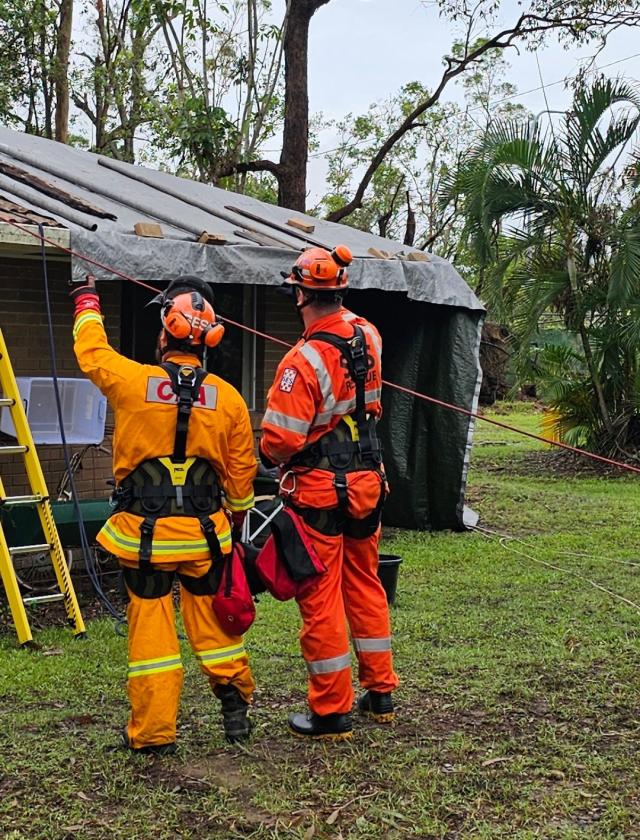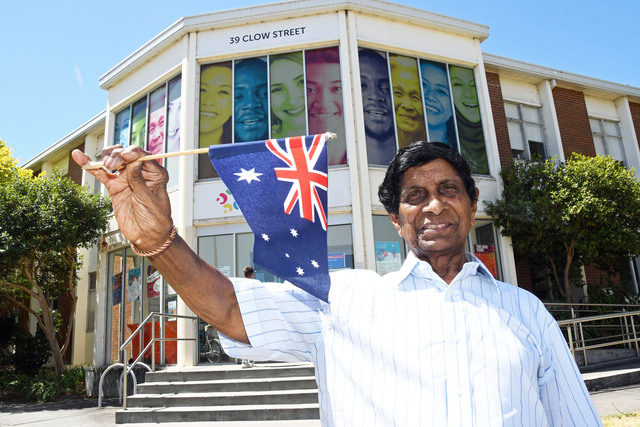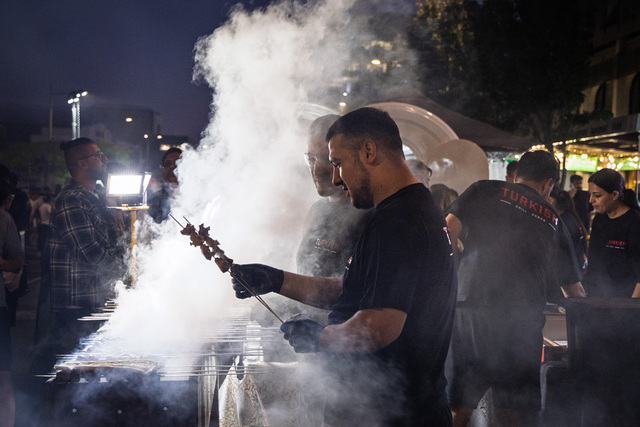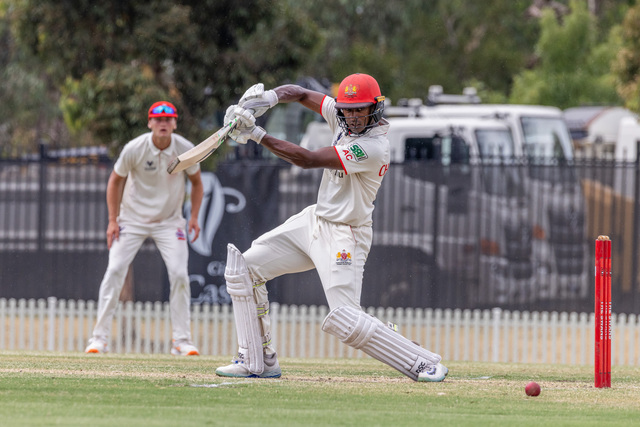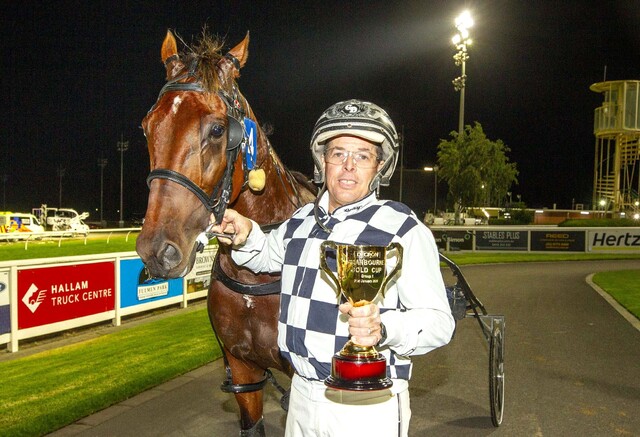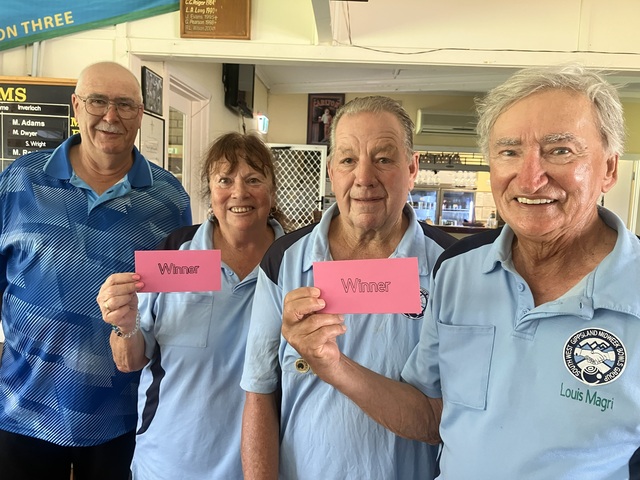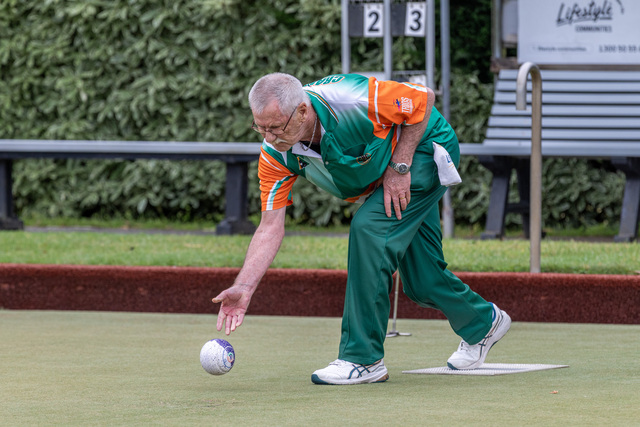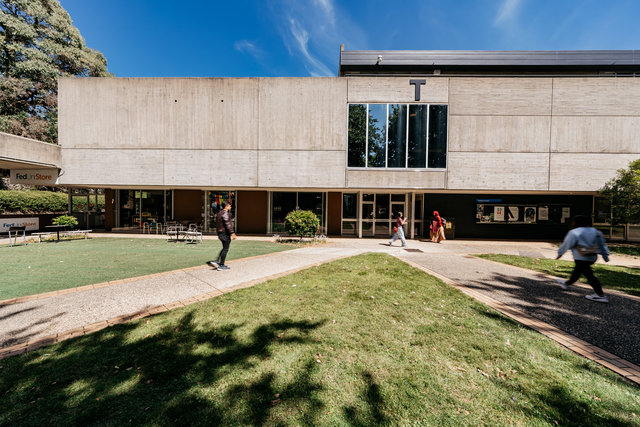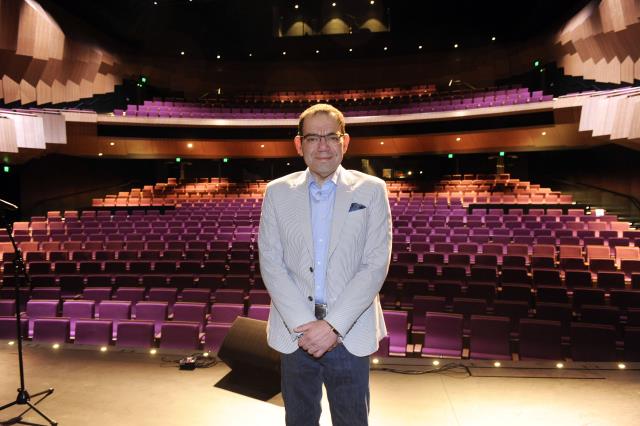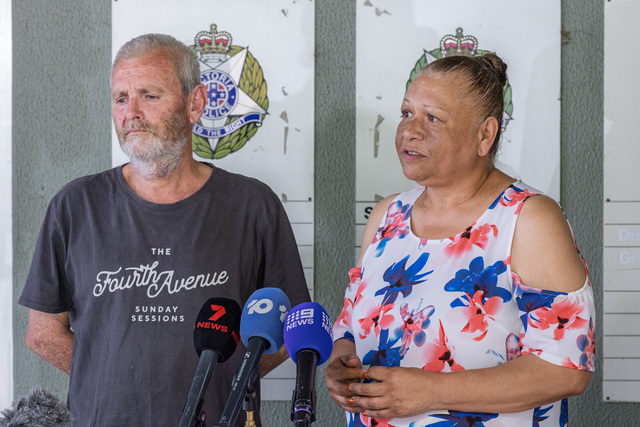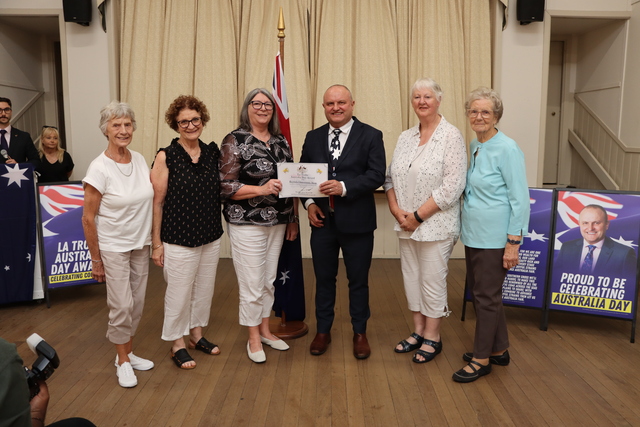Braving harsh weather and turbulent situations, Mladen Krsman was part of the many Victorian SES personnel who assisted with the aftermath of cyclone Jasper which hit Queensland in December 2023.
Hailing from the Narre Warren SES branch, Mladen was deployed with 42 other emergency services officers in Task Force Alpha where 38 were volunteers and the remaining were supporting staff.
From 28 December 2023 to 3 January 2024, the day-to-day process began with intel being provided by the Queensland State Emergency Service, which the crew leader then briefs to the rest of the crew.
“We engage with stakeholders, helping people who requested our assistance through Queensland SES and then we also work with how many people are trying to rectify their emergency.
“Of course, we’re there to support local emergency services with the flood and storm recovery, whether that’s chopping trees that are blocking roads or setting up a SWAH system,” Mladen said.
SWAH, or a safe work-at-height system, is a crucial process that officers like Mladen implement to efficiently and safely tackle obstacles at certain heights, most commonly roofs.
Accompanying Task Force Alpha were two others, with Charlie being just personnel and Bravo being accompanied by a series of vehicles.
“If you’re able to do six to seven jobs a day, that’s considered a productive day, and if you did less than that, but involved setting up SWAHs all the time, then you’re doing really good,” Mladen recalled.
However, there were times when the weather intervened with their emergency efforts, often piling onto their future responsibilities.
On Wednesday 3 January, the Gold Coast and surrounding area received around 300mls of rain in 24 hours, a testament to the state’s volatile weather.
“I think we were only supposed to get like 70mls of rain, and I thought ‘oh yeah that’s nothing’ and then we woke up on Tuesday and it just rained, and rained, and rained and kept on raining,” Mladen said.
Going into his fifth year with Narre Warren SES, he admitted that floods do come and go in Victoria, but cases, where entire suburbs are being flooded, were a very rare occasion.
“Of course, there’s localised flooding but what Queensland experienced for example, to be hit with cyclones, storms, floods and then heatwaves, it’s different and it took quite a bit for myself and my colleagues to get used to it,” Mladen said.
Victoria, in terms of natural disasters, is not prone to cyclones, and for Mladen, seeing as this expedition was also his first deployment out of state, it was an entirely new experience.
“The environmental factors were different and it was my first deployment out of state, it was eye-opening but also quite humbling at times to be able to work as one with others from a different state,” he said.
On a much lighter note, one of the other things that Mladen had a hard time getting used to was the shouts of thanks he and his peers received from the locals.
“It was quite often I’d get a job and somebody would come out, like one of the neighbours, and thank us, which was sometimes overwhelming.
“I think overall people were quite appreciative of the fact that we showed up to assist, whether they needed our services or not, they still were very appreciative of us being there,” he said.
Due to the nature of their roles, SES officers and volunteers are provided with a wide range of support, with extensive measures for preparation.
But even then, mentally there are times and certain incidents where the amount of preparation one underwent beforehand is seemingly not enough.
“You can only be prepared so much – I mean you can go to work and think ‘oh yeah I’m prepared to report’ and whatnot and then you get into an incident and then it’s suddenly, whoa, it’s different,” Mladen said.
Peer support was an integral part of their process of deployment and was something that was always available to the emergency officers at any point during the deployment, and even after jobs.
“Psychological trauma can affect anybody at any point and it may not necessarily impact the person there and then, so that’s why there’s always that support network around.
“After every time we go out we always have a debrief session, you’re always encouraged to speak about what has happened and if you require further assistance then it’s always available,” Mladen said.
For Mladen, while he admitted that he doesn’t necessarily volunteer to be acknowledged it still felt amazing for him when he returned home and the airport announced their arrival and gave their thanks.
“When we landed in Melbourne it was being announced like ‘we would like to thank our CFA and SES volunteers for their efforts in the Gold Coast’, and that’s quite something,” he said.

